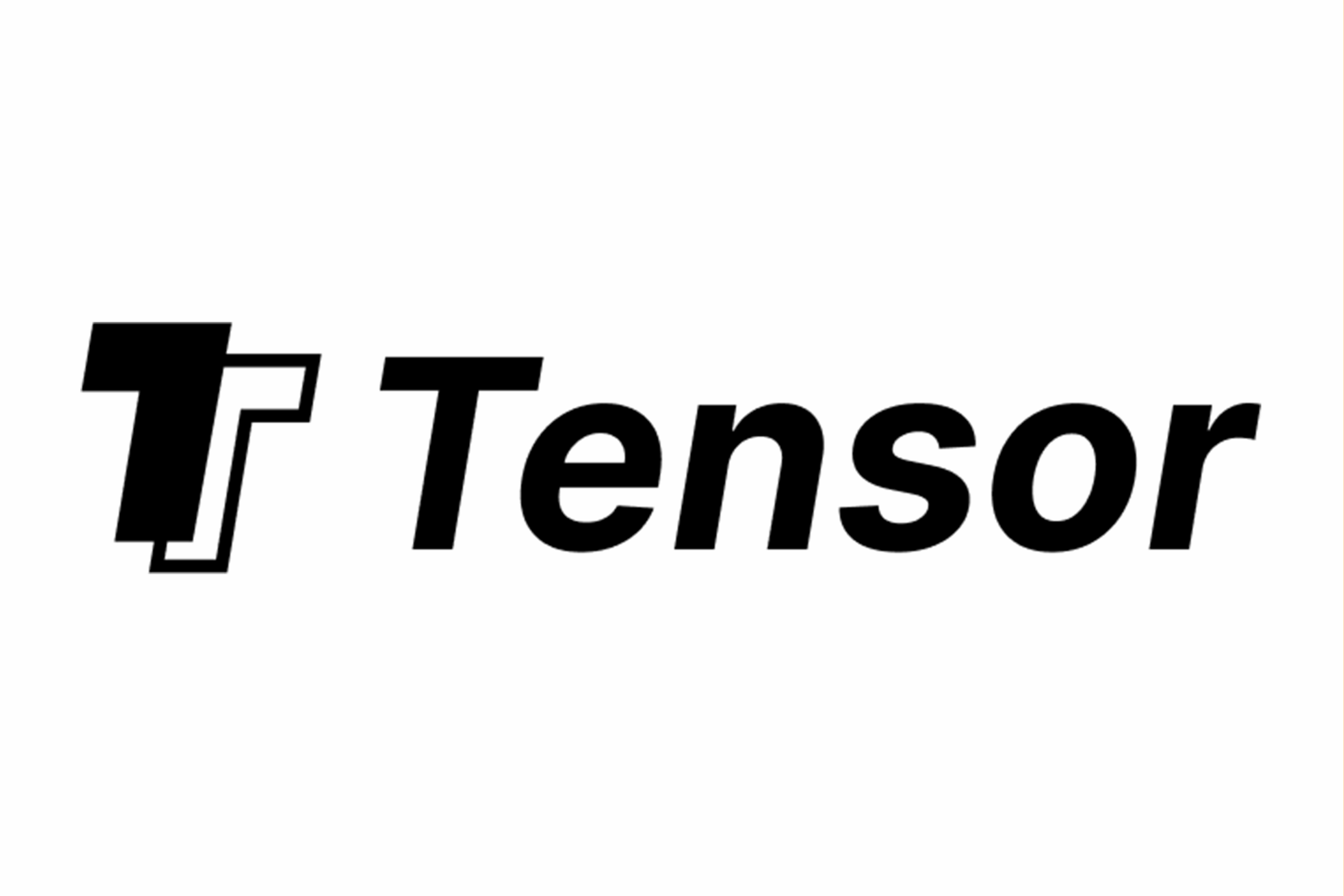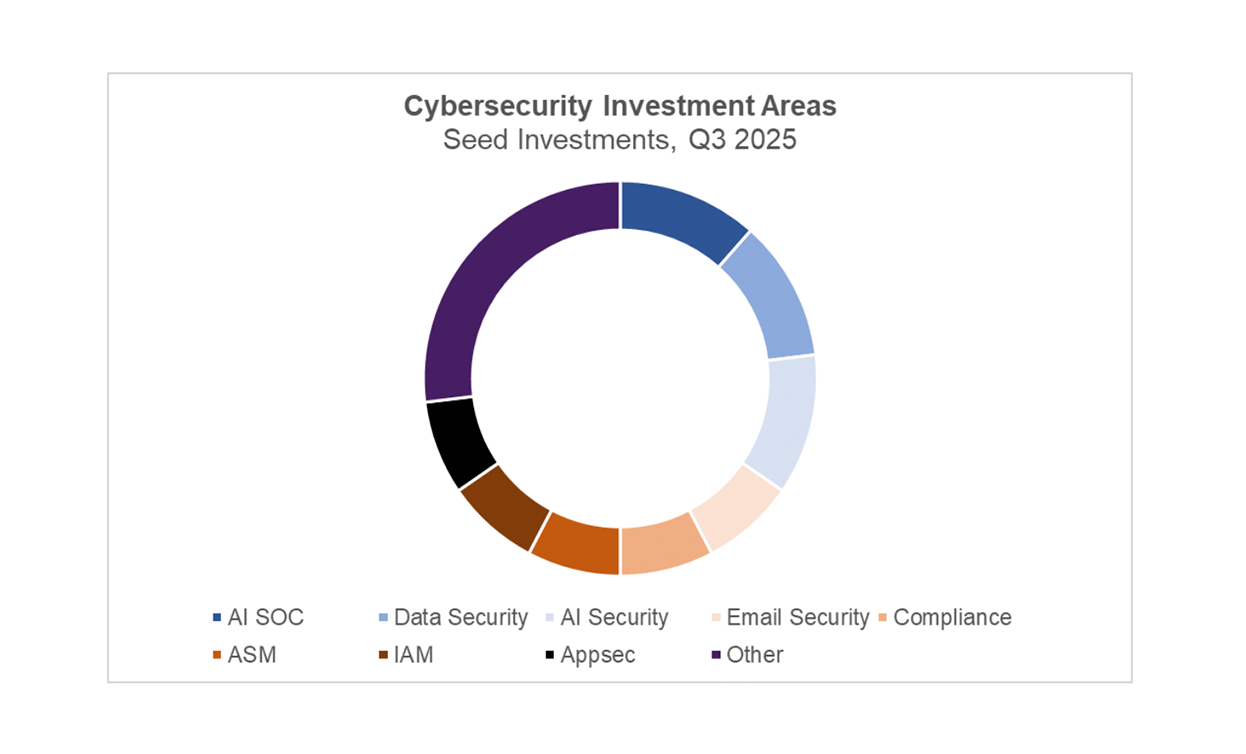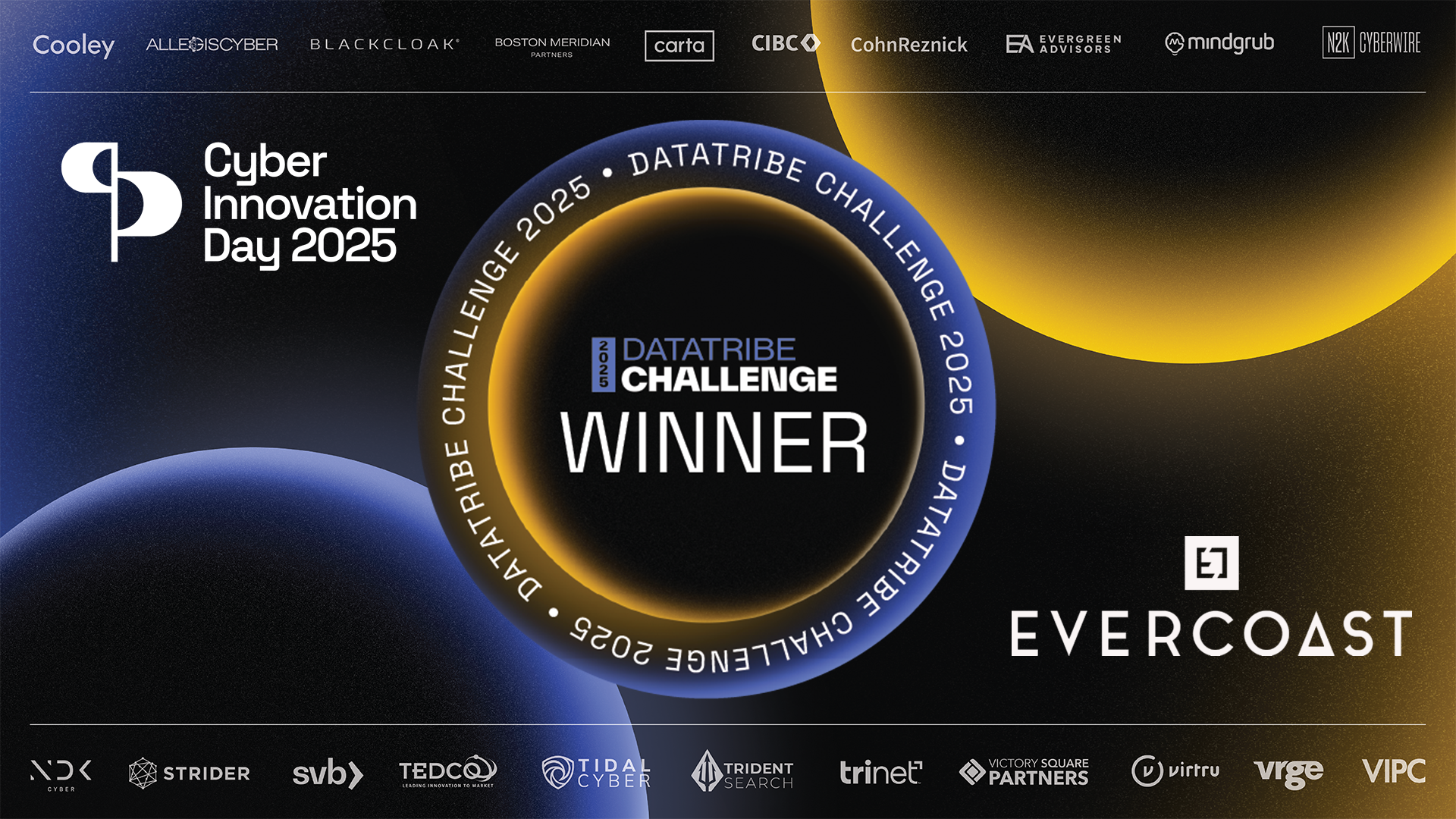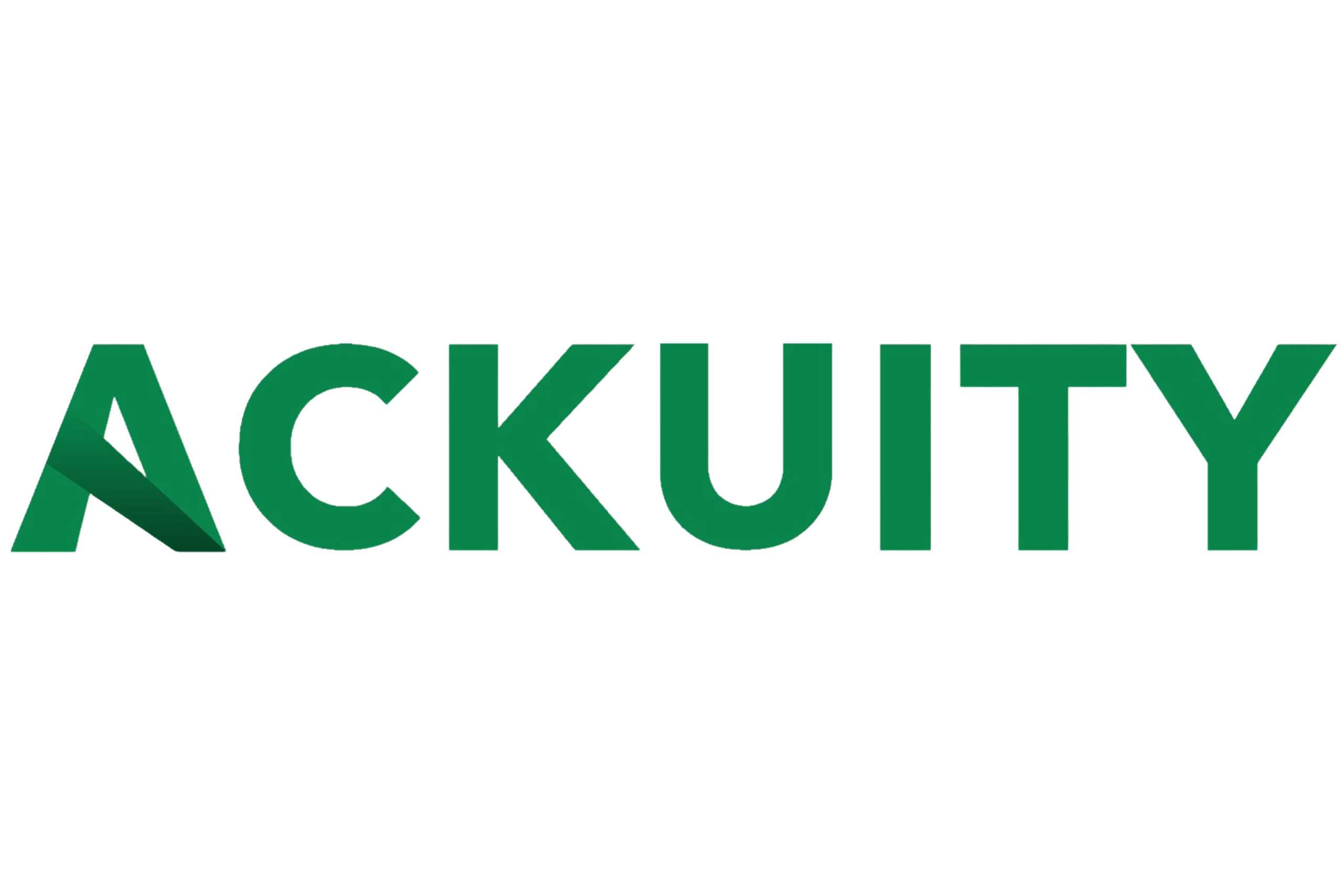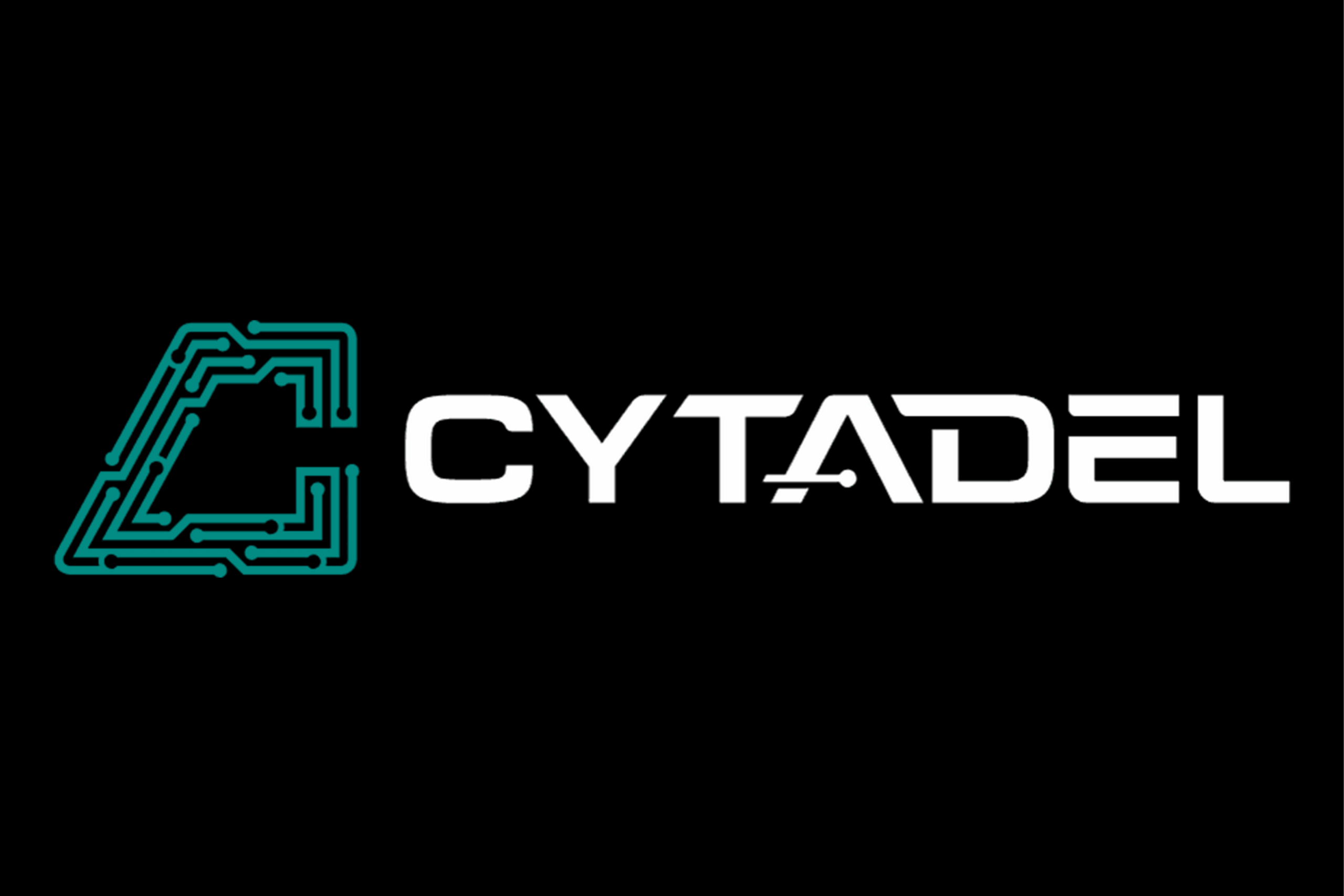About Tensor Machines
Tensor Machines provides the reliability and security layer for embedded and autonomous systems. By monitoring the analog behavior of boards and sensor networks, they ensure every compute node and sensor remains uncompromised while operating.
Q: Tell us about your background.
I have spent the last decade building products and startups at the intersection of software and hardware. At Meta Reality Labs, I led large hardware platformization programs focused on building the underlying systems that could cost-effectively move mixed reality headsets from experimental prototypes to production at global scale. I also worked on Meta’s Presence Platform, which provides perception and spatial understanding tools to third-party developers so they can innovate on new forms of human-computer interaction for mixed reality.
Before Meta, I worked as a product lead at Metromile, focusing on data-driven insurance products built on connected vehicle telemetry, turning raw sensor data into products that drivers could understand and trust. Earlier in my career, I served in the U.S. Army Reserve under the MAVNI program, earning U.S. citizenship while serving as an enlisted soldier (88H Cargo Specialist) responsible for coordinating, loading, and moving essential equipment and supplies.
My co-founder, Professor Hafiz Malik, has spent fifteen years at the University of Michigan working at the intersection of hardware security, signal processing, and machine learning. His research explores how physical signals can be used to authenticate, fingerprint, and monitor electronic systems. He has built a portfolio of eighteen patents spanning secure speaker verification, camera tamper detection, counterfeit-image identification, and dynamic watermarking for vision systems. His work, much of it in collaboration with Ford and the U.S. Department of Defense, laid the foundation for using analog behavior as a security signal. This scientific groundwork became the basis for Tensor’s technology, transforming research in side-channel physics and signal intelligence into deployable methods for real-world hardware assurance.
He and I began collaborating a year and a half ago after realizing we were driven by the same idea: modern hardware is fundamentally insecure and trust has become an afterthought. We share the belief that reliability and security must start from the physical layer, not be added later through software abstraction. Tensor was created around that principle. We are rethinking how systems prove their integrity, treating hardware as a first-class citizen. Our work examines the physics of systems, using sensor fusion and machine learning to make embedded and autonomous systems reliable, verifiable, and secure while operating.
Q: Tell us about your business/idea.
Embedded and autonomous systems now operate across every major sector, including defense, aerospace, robotics, and AI infrastructure. Yet the hardware they rely on runs blind at its physical layer, and software telemetry cannot detect when the underlying electronics begin to fail or have been compromised.
Tensor builds the reliability and security layer for these systems. The platform continuously validates the authenticity and health of hardware and data streams at both the electrical and network levels, ensuring every compute node and sensor remains real, healthy, and uncompromised while operating. It monitors the analog behavior of boards and sensor networks to detect failure, drift, tampering, or counterfeiting before these issues propagate. Tensor converts hardware physics into continuous, verifiable assurance for AI data centers, autonomous vehicles, robotics, and defense systems.
The product uses a multi-modal sensor node that fuses power, electromagnetic, and thermal signals to learn each device’s baseline behavior and detect deviations in real time. Each measurement is sealed locally with a secure element and surfaced as an Electrical Integrity Score through existing monitoring networks. The system installs on existing hardware and operates entirely at the physical layer without firmware changes or performance impact. Tensor integrates directly into PLCs, MES systems, and cluster orchestrators through standard interfaces such as CAN, SPI, and Ethernet. It outputs integrity data over REST or MQTT and can operate fully air-gapped for regulated or defense environments.
Q: What was the original inspiration for your company/product?
The original inspiration came from seeing how deeply modern systems depend on hardware that no one is actually observing. During my time working on large-scale hardware programs at Meta, I saw how software telemetry could capture every metric of performance but offered no visibility into the physical state of devices themselves. We lacked true in-the-wild insight into the health and security of our headsets; despite exhaustive software data, we could not see or quantify what was happening inside the hardware that made up most of the product. Reliability and security were defined entirely by hardware assumptions that can break down at scale.
At the same time, Professor Hafiz Malik had spent years proving that every electronic circuit emits a unique analog signature that can be used to detect tampering, degradation, or counterfeit behavior. His work showed that each board’s electrical signature drifts predictably with age and stress, creating a measurable fingerprint of its physical integrity.
We combined Malik’s research in analog signal authentication with my experience scaling complex hardware systems to build a runtime that uses physics-based sensing and analog fingerprints to anchor the reliability and security of embedded systems in measurable physics. Our vision is to deploy our runtime across data centers, autonomous vehicles, robotics, and defense electronics, creating continuous, hardware-rooted assurance for the systems that now run the modern world.
Q: What’s your vision for the future? What will the market you are pursuing look like in 5-10 years?
Embedded and autonomous systems already underpin more than $600 billion in annual hardware value and manage over $7 trillion in physical assets across defense, aerospace, industrial automation, robotics, and AI infrastructure. Nearly every modern process that moves goods, generates power, or computes intelligence depends on distributed electronics making decisions without human oversight. Over the next decade, that footprint will grow by an order of magnitude as automation, autonomy, and AI converge.
At the same time, massive spending on AI compute has made physical reliability a macroeconomic issue. Hyperscaler capital expenditure on data centers is nearing $400 billion per year, accounting for 92 percent of U.S. GDP growth in the first half of 2025. OpenAI alone plans roughly $850 billion of investment as part of a $2 trillion global AI infrastructure surge. Compute has become the new industrial base of the economy, and its stability depends on the integrity of the hardware that underpins it.
As this transformation continues, the boundary between digital systems and physical infrastructure will disappear. Hardware will no longer be a hidden layer beneath software; it will be the critical substrate that determines uptime, safety, and trust. The market for hardware reliability, safety, and security will expand from a specialized compliance function into a fundamental reliability service integrated into every layer of manufacturing, operations, and AI infrastructure.
In five to ten years, the market for hardware reliability and security will be as large and indispensable as today’s software observability and cybersecurity markets. Every organization operating critical infrastructure, data centers, vehicle fleets, factories, and defense networks will maintain a continuous hardware reliability system as part of standard operations. Regulations will require physical attestation for safety-critical and autonomous systems, and OEMs will embed runtime hardware monitoring into every production platform. The market will consolidate around companies providing hardware-first reliability data as a service, creating a new trust layer for global automation.
Tensor Machines’ vision is to make assurance native to every component of hardware. In the next decade, hardware observability will stand alongside software observability as a default requirement for all intelligent systems, and Tensor will provide the infrastructure that makes that transition possible.
Q: How does your business address pressing cyber and data challenges for the commercial sector?
The world faces a widening set of cyber and reliability risks rooted in the hardware layer. The global market for counterfeit electronics exceeds $160 billion annually and affects as many as one in ten components in defense and industrial supply chains. These cloned or modified parts compromise authenticity and expose companies to warranty loss, IP theft, and regulatory failure. In parallel, GPS spoofing has increased more than threefold since 2022 in satellite-connected military systems, and low-cost radar and LiDAR injection attacks have repeatedly fooled drones into false detections. These attacks exploit the physical layer of hardware and sensors, bypassing traditional software defenses.
From a reliability perspective, computing infrastructure has grown faster than it can be verified. Large GPU clusters powering AI workloads experience reliability collapse as they scale. At 1,024 GPUs, mean time to failure drops to eight hours, and at 16,000 GPUs, failures occur every three hours. Forty percent of hyperscale operating costs are now consumed by reliability overhead, and this problem continues to expand alongside more than $400 billion in annual capital expenditure on new AI data centers. The world is building faster than it can ensure the integrity of the hardware running it.
Tensor addresses these cybersecurity challenges by moving reliability and security into the physical layer of hardware itself. The platform continuously validates the authenticity and health of boards, controllers, and sensors through their analog behavior. It measures power, electromagnetic, and thermal signals to learn each device’s unique electrical fingerprint and detect deviations caused by tampering, degradation, or counterfeit components. Each reading is verified and cryptographically signed at the edge, creating an auditable chain of trust that integrates directly into existing monitoring and cybersecurity frameworks.
In critical systems, such as a 100,000 GPU cluster, Tensor detects failing GPUs at the electronic level before they disrupt training runs or waste compute hours. In industrial and robotics environments, it validates controller and sensor integrity at line rate. In autonomous systems, it prevents sensor spoofing by authenticating data streams in real time. By grounding system trust in measurable physics, Tensor closes the gap between cybersecurity and hardware reliability, giving the commercial sector continuous assurance that its physical infrastructure and data sources are authentic, secure, and operating as intended.
Q: What attracted you to the DataTribe Foundry? Why did you choose to participate in the DataTribe Challenge?
I am attracted to DataTribe Foundry’s builder mindset and operational commitment to startups rather than just financial backing. I appreciate DataTribe’s focus on co-building with founders because it de-risks early-stage execution and accelerates growth in a way that passive capital cannot. I chose to participate in the DataTribe Challenge because Tensor sits at the intersection of cybersecurity and deep tech, and the DataTribe community understands both. The Foundry’s focus on turning hard, defensible technology into commercial scale is exactly what we’re doing, so I saw in DataTribe both a mission alignment and a strategic lever: access to cyber-native networks, credibility among CISOs and agencies, and the ability to fast-forward go-to-market strategy in the most relevant ecosystem.
Q: What’s your long-term vision for your business?
Our long-term vision is to build a global hardware security and reliability infrastructure that underpins the physical foundation of the autonomous world. In that future, every board, sensor, and compute node will participate in a shared trust fabric that continuously validates authenticity and health. This fabric will serve as the backbone of the modern economy, embedding measurable trust into the machines that move goods, process data, and power intelligence itself.
Our business will operate this infrastructure as a distributed service for governments, hyperscalers, and industrial operators who need to know that the systems running their factories, fleets, and data centers are authentic and reliable. Tensor will provide the measurement and verification technology that certifies global hardware supply chains and keeps autonomous and AI-driven systems accountable in real time. Over time, this infrastructure will evolve into a network standard for the physical layer of compute, creating a new category of assurance: physics-based reliability as a service.

